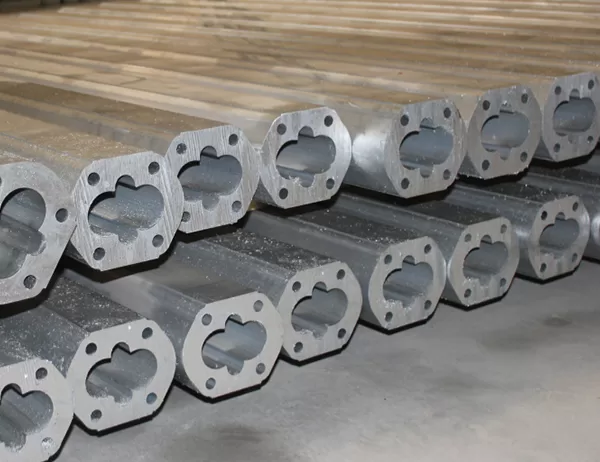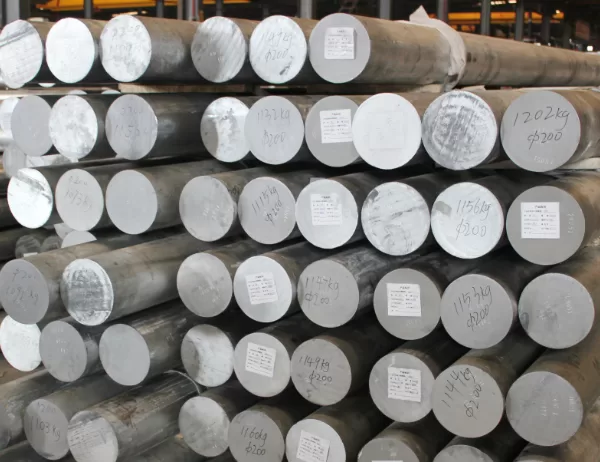Aluminium frame profiles play a crucial role in the automotive industry, offering a combination of lightweight and strength that enhances vehicle performance and efficiency. This article explores the various benefits and applications of aluminium frame profiles in automotive design.
Weight Reduction and Fuel Savings
Aluminium alloys are exceptionally lightweight, significantly reducing the overall weight of the vehicle. This weight reduction translates into improved fuel economy and lower emissions. By replacing heavier materials with aluminium profiles, manufacturers can achieve weight savings of up to 50%, leading to reduced fuel consumption and a more environmentally friendly driving experience.
Enhanced Structural Integrity
Despite their lightweight nature, aluminium frame profiles exhibit exceptional structural integrity. The high strength-to-weight ratio of aluminium allows for the creation of robust and durable vehicle frames that can withstand the demands of rigorous driving conditions. Aluminium profiles can handle torsional and bending forces effectively, ensuring the stability and safety of the vehicle.
Corrosion Resistance and Durability
Aluminium exhibits excellent corrosion resistance, which is particularly advantageous in automotive applications. Unlike steel, aluminium does not rust, making it ideal for use in harsh environments where moisture and salt are present. The enhanced durability of aluminium frame profiles extends the lifespan of the vehicle and reduces maintenance costs associated with corrosion-related issues.
Energy Absorption and Crash Performance
Aluminium frame profiles play a crucial role in energy absorption and crash performance. The ability of aluminium to deform and absorb impact energy helps to protect occupants in a collision. By absorbing and dissipating impact forces, aluminium profiles reduce the severity of injuries and enhance overall passenger safety.
Versatility and Design Flexibility
Aluminium frame profiles offer excellent design versatility. They can be formed into complex shapes with high precision, enabling the creation of innovative and intricate vehicle designs. The flexibility of aluminium allows for the integration of various components and systems, resulting in a more streamlined and efficient design.
Sustainability and Recycling
Aluminium is a highly sustainable material. It is 100% recyclable, making it environmentally friendly and reducing the carbon footprint of vehicle production. By using recycled aluminium, manufacturers can further reduce their impact on the environment and promote a circular economy.
Conclusion
Aluminium frame profiles have revolutionized automotive design, offering a lightweight, efficient, and versatile solution that enhances vehicle performance, safety, and sustainability. The combination of weight reduction, structural integrity, corrosion resistance, energy absorption, design flexibility, and sustainability makes aluminium an ideal material for use in automotive frames and components. As the automotive industry continues to strive for innovation and efficiency, aluminium frame profiles will play an increasingly important role in shaping the future of vehicle design.




